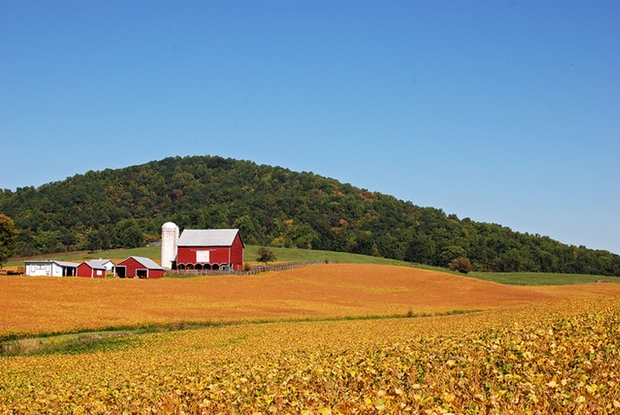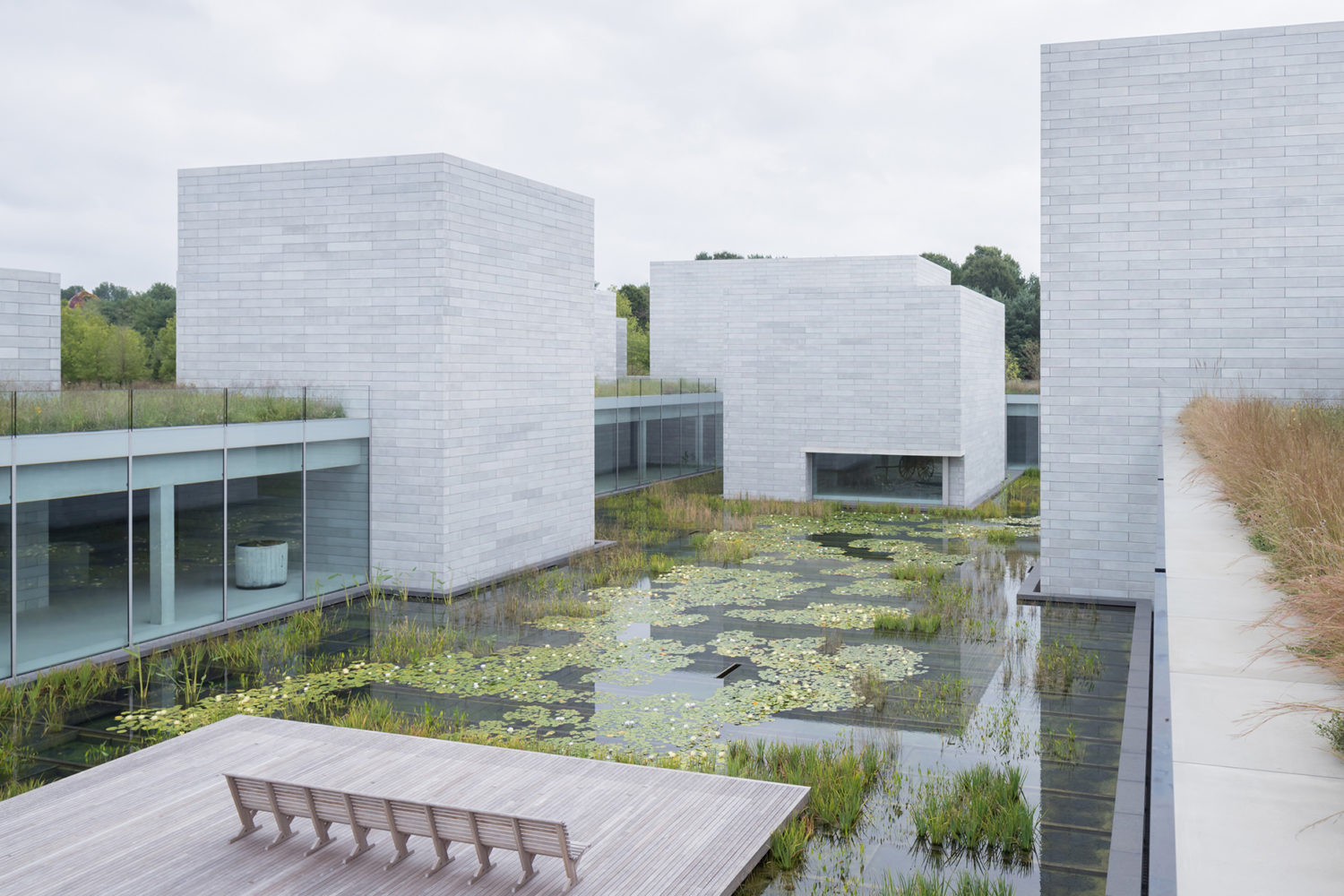Here’s something you don’t hear every day: Got allergies? Go outside.
Okay, so maybe the cure to the sniffles isn’t as simple as that. But new research shows that kids who grow up in a rural area are less likely to develop allergies and other chronic inflammatory diseases, such as asthma.
In a study published this week in the Proceedings of the National Academy of Sciences, researchers found that adolescents who grew up in urban areas–or in this case, larger towns in Finland near bodies of water–were more likely to report higher levels of allergies. On the other hand, kids who grew up on rural, isolated farms with forests and agricultural land were less likely to suffer from allergies, since they had more helpful microbes on their skin. In other words, over time their bodies had learned to protect themselves against allergies and inflammatory disorders.
The Finland study took skin samples from 118 teenagers who had lived in the same house their whole lives. Researchers found that rural teens had more gammaproteobacteria on their skin, which appeared to act as a protective agent against the development of allergies.
The results aren’t exactly groundbreaking, says Dr. Jiun Yoon of the Allergy and Asthma Care Centers in Washington, but they certainly offer support to the biodiversity or hygiene hypothesis. “The gist of [the study] is pretty common,” says Yoon, who wasn’t involved with the study. “Our immune systems have been geared towards fighting off infections. So in a westernized society, where we’re more ‘clean,’ the immune system doesn’t have the infections to fight off. It turns to fight nonsense stuff like tree pollen [. . .] as if it’s an enemy to your body.”
Those who live in rural communities or underdeveloped countries typically have what’s called a TH1 phenotype, in which they’re more exposed to bacteria-produced endotoxin, Yoon continues. Therefore, they’ve developed bodies more geared towards fighting off infections.
In contrast, those who live in an urban society have shifted “over to a TH2 phenotype and that is the type that leads to allergic diseases like asthma and allergies.”
“It’s kind of a paradox,” he adds. “You’d think that living on a farm means a dirtier environment. But really, your immune system is working overtime, busy fighting off bacterial infections,” and not allergies.
However, Yoon says moving to a farm will not automatically cure your allergies. If you’ve already developed allergies, “changing environments will not change the immune system.”
The full study is available at the Proceedings of the National Academy of Sciences of the United States website.











